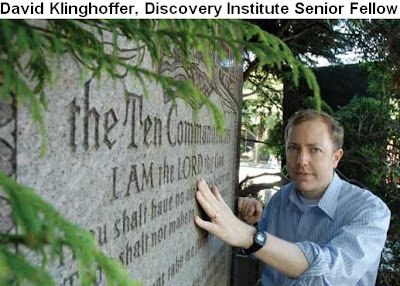Other highlights included his two talks. The one on Saturday morning was about the sorry state of science education in the United States. That was depressing.
PZ's talk on Saturday evening was at the Canadian Museum of Natural History, just around the corner from the hotel. There were about 200 people in the audience. He tackled a very difficult topic, the role of chance in evolution. Naturally he covered random genetic drift but most of his talk was about coalescent theory because he wanted to explain some recent results from the sequence of the gorilla genome (Scally et al. 2012).
The authors of that paper report that, "In 30% of the genome, gorilla is closer to human or chimpanzee than the latter are to each other." PZ explained why this is exactly the result you would expect. (See his blog post at: A tiny bit of knowledge is a dangerous thing.)
He also pointed out that the Intelligent Design Creationists got all excited about this result, thinking that it overthrows the theory of evolution and proves the existence of God. (I exaggerate slightly, but you get the point!) What this means if that the IDiots really don't understand evolution.
While we don't expect everyone to see immediately why 30% of our genes could be more similar to gorilla genes than to chimp genes, we do expect those who criticize evolution to have a better understanding. Instead, what we see is that those "experts" who post at Evolution News & Views (sic) don't even have an introductory college level understanding of evolution. Their ignorance of evolution produces some remarkably stupid posts on that blog—the website of the Discovery Institute.
I made a similar point in my talk except that I focused on the IDiot's lack of knowledge of mutation [see Breaking News: IDiots Don't Understand Genomes or Biology].
PZ took on a challenging task but he succeeded better than I could have imagined. While the audience didn't follow all of the explanation, they could see that it was based on solid evidence and theory. Many of them learned for the first time about chance in evolution and that's a plus, in my opinion.
Now let's work on the IDiots.
Scally, A, Dutheil, J.Y., Hillier, L.W., Jordan, G.E. et al. (2012) Insights into hominid evolution from the gorilla genome sequence. Nature 483:169-175. [PubMed]



















